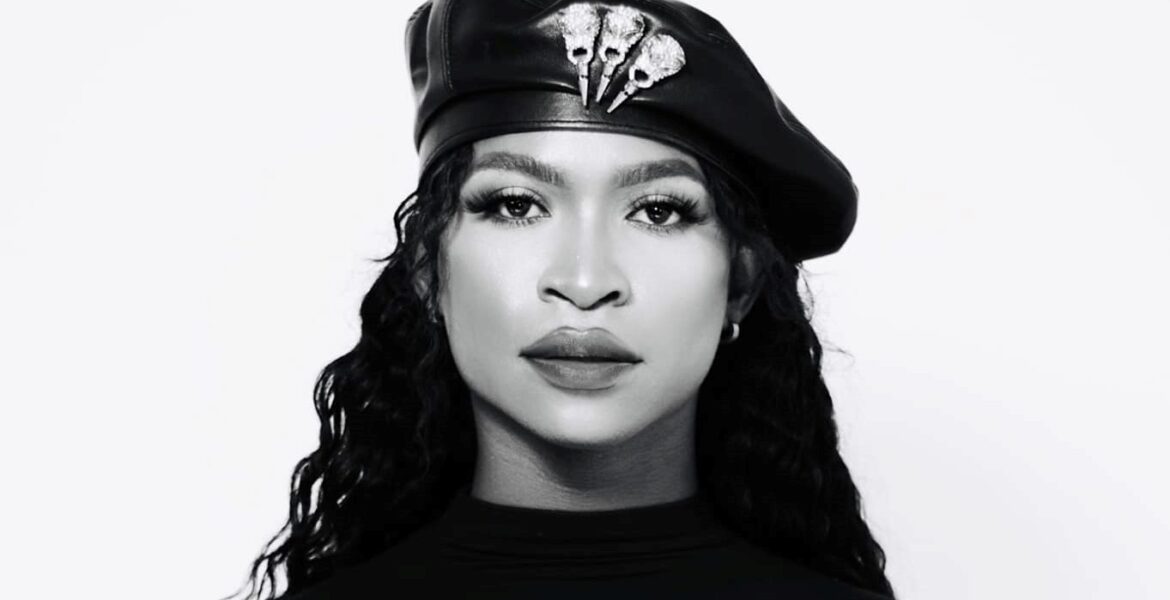- Says he drew inspiration from Nelson Mandela’s fight for justice
- “The video is black and white because it is a protest song.”
GAZETTE REPORTER
Pop-rock star Motswafere is not fazed by homophobic attacks targeted at him and other members of the LGBTIQ+ community.
When he first appeared on popular Btv show My Star in 2012, Motswafere was met with anti-gay rants. The inevitable question came out: Was Motswafere ever ready for the blue reception? But he weathered the storm, focused on the money and went home with P20 000 in his bank account from his first shot.
When the COVID-19 plague hit the creative sector early in 2020, Motswafere took that as an opportunity to hibernate and work on improving his craft. Fading from the limelight proved to be a blessing as the lad is now back to claim what is his. In fact, Motswafere is here to stay but was keen to take the opportunity of this interview to address his enemies first.
His real names are Motswakgakala Sithole but he has become better known by the street version of his given name that creates a compound with the Afrikaans word for far, ver, to achieve Motswafere – One from Far in English. Even so, he had the guts to ‘address’ homophobes at close range on a now famous single called “Fight that Spirit.”
Hardships of a ‘femboy’
Motswafere is now all grown up and on his way to becoming an LGBTIQ+ icon in his own right. He revealed in an exclusive interview with Time Out that Fight that Spirit speaks to the hardships that he endured as a feminine young boy, femboy in latter-day slang, sometime in 2012. The song came about after he realised that being a public figure is not what people think it is because it has a considerable share of sad realities that can affect the mental health of the public figures.
“I was going through a sad phase of my life and everything came at once when I was in the studio,” he said. “I looked for a drum and started playing melodies and the aggressive singing flooded my mind. I felt a strong and antagonistic song that powered me so much and I knew it was the one.”
“Police? Uh huh / Government? Uh huh / What you gonna do about it? / What you gonna do about it? / What you gonna do about it? / People around the world / yeah / What you gonna do about it?”
Sexuality
In these particular lyrics, Motswafare questions those feeling intimidated about his sexuality and if they have some kind of alternative for it because he is simply out there living his life. In this way, he gives mainstream representation of gay African men in spaces where they have historically been shunned.
Some of the offensive remarks that Motswafere had to stomach were quite awful as some people wanted him dead. In typical disposition but in an aggressive song, he responded: “I got fears / You got fears too / We got love / If we try to dig deep / Why? / Why are you trying to X me / Why? / Why are you trying to kill me / Why? / Because I am me? / How does it hurt you?”
“This song was produced by me, mixed and mastered by Mike Mothibedi and Success Capital, and shot by Cyc Jouzy,” he told Time Out. “Anshineo Garmets were behind the styling while the photography was done by NF Visual Arts. I also brought a number of dancers – Chantel the Dancer, Stellar Atsile, Lorato Janice and Laika G6.”
Basement parking
Motswafere disclosed that the video was shot in a deserted basement parking lot somewhere in the outskirts of Gabs. “The reason for that is that we needed to replicate a secret meeting of people like Nelson Mandela and his friends or the Black Panthers of the United States who wanted to effect change and fight for justice,” he said.
“The styling was a big part of the video because my team got it right away. We worked with leather and all black. That was done to signify the power behind the movement. We really wanted to capture a point of view where we are confronting people who hurt others and commit all these hate crimes of rape, transphobia and homophobia. The video is black and white because it is a protest song.”

